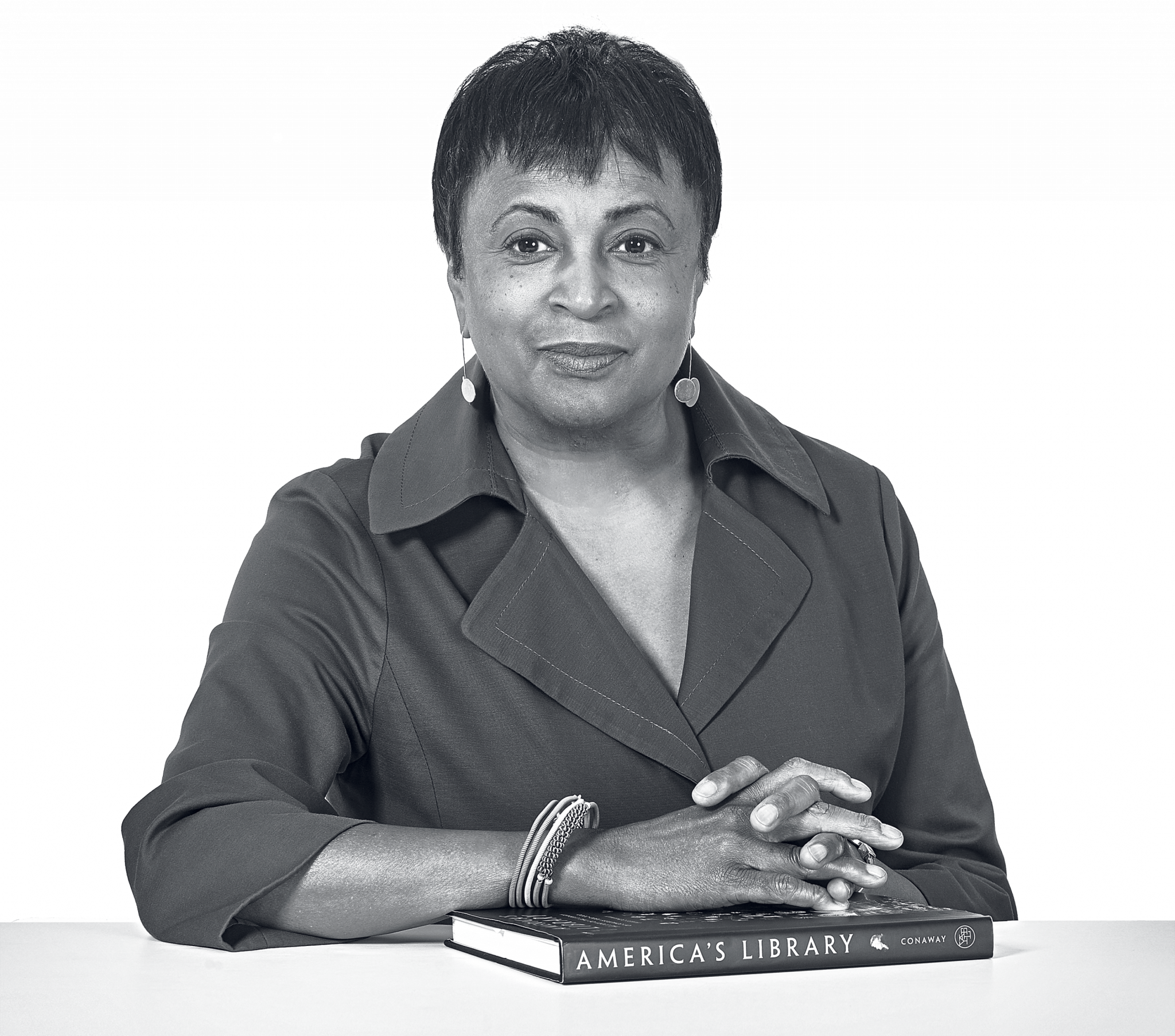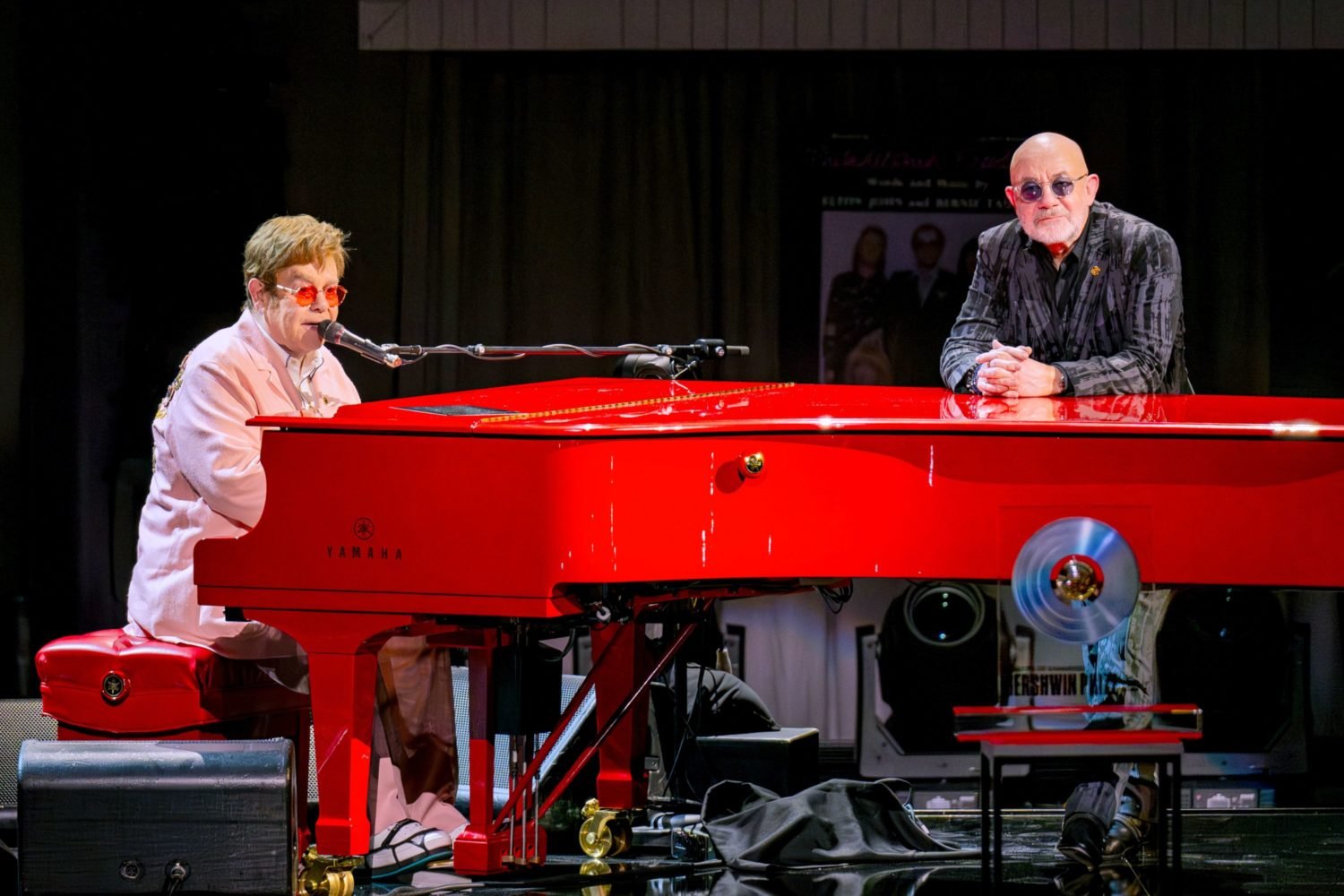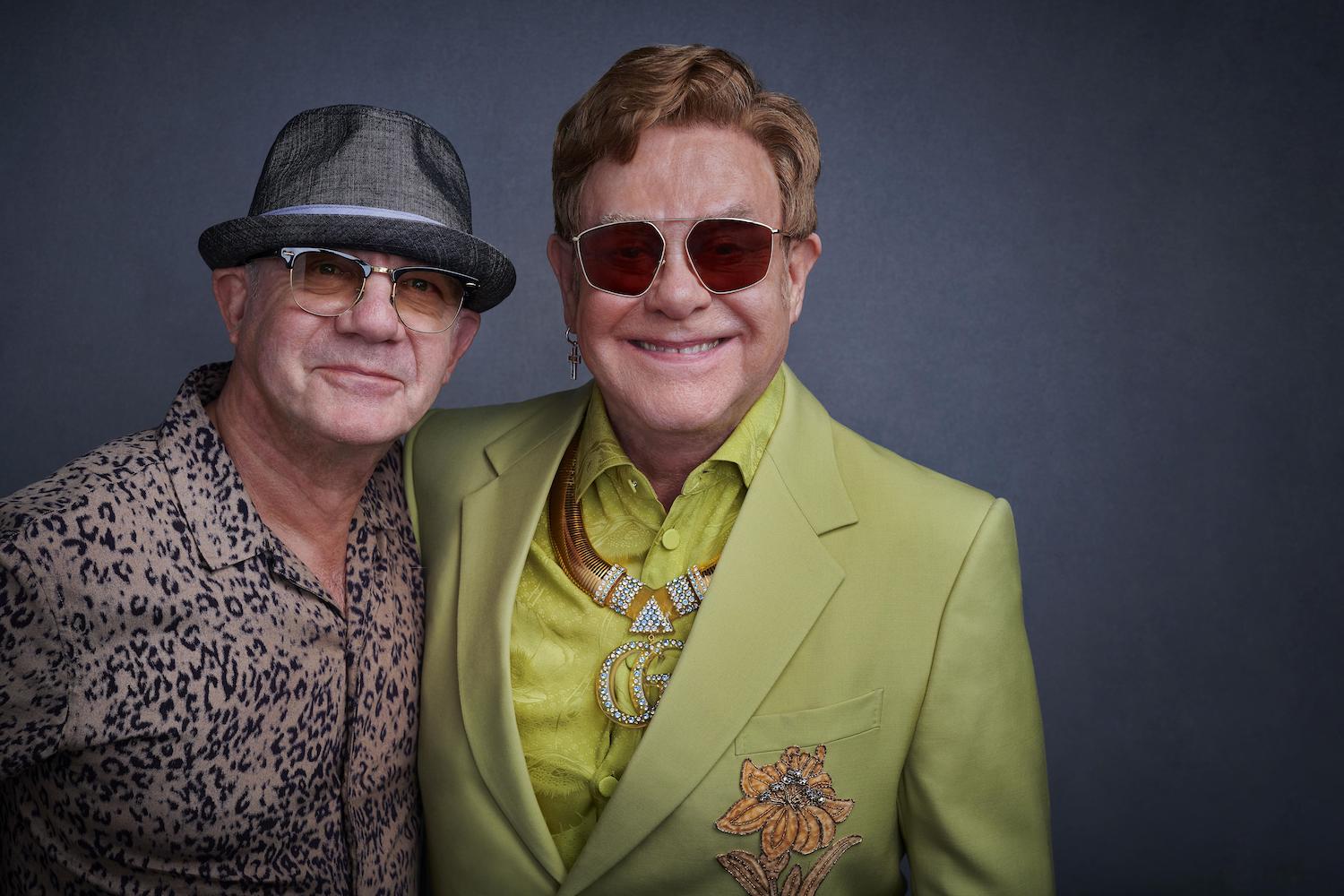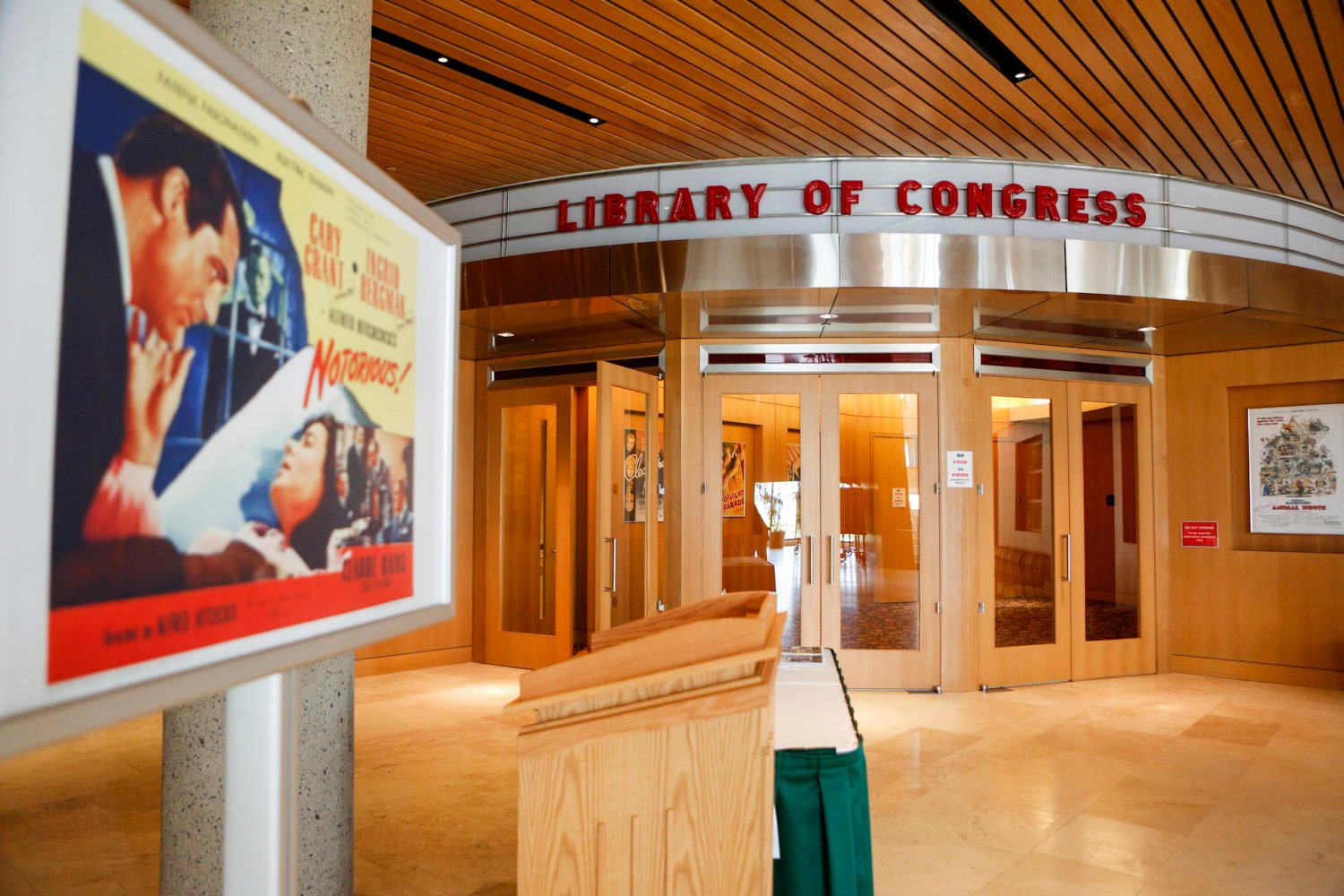In September, Carla Hayden became the first woman and the first African-American to oversee the Library of Congress in its two-century existence. At her swearing-in, she noted why that mattered: “As a descendant of people who were denied the right to read, to now have an opportunity to serve and lead the institution that is the national symbol of knowledge is a historic moment.”
Hayden, 64, has a tall order: to bring a library with 3,100 employees, an annual budget of $642 million, and a collection of more than 162 million items, most of which have not yet been digitized, into the digital age.
Unlike her immediate predecessor, James Billington—and all but three of his predecessors—Hayden is an actual librarian by background. After rising through the Chicago Public Library, she spent the last 23 years leading Baltimore’s library system. As she settles into an office framed by gorgeous views of the Capitol, we asked her about how her background has prepared her for the task of modernizing the nation’s oldest library.
The last time you were in the spotlight was when you kept Baltimore’s libraries open during protests over Freddie Gray’s death while most schools and businesses had closed. Why did you make that decision?
The library—especially that particular branch at the center of the unrest—had been an opportunity center for that neighborhood for years. It was such a vital part of that community. We knew there would be people who would need the library not just for refuge but also to continue to do the things like apply for jobs on the computers.
I was committed to making sure the library would be open. So we went to open it the next day, and sure enough, people were there to come in. A young man was looking to get onto the computer to file job applications; children needed a place to go because the schools were closed. There was nothing else open in that community, but the library was there.
The Library of Congress isn’t exactly a place where people feel comfortable hanging out. Are you trying to change that?
It’s about broadening their perspective of what the library is. At an open house, you could see the awe and joy people had in discovering that there was the first edition of [the comic-book series] Luke Cage—things they could relate to. Knowing that the library has the largest collection of comic books in the world and that they could get a reader’s card and use the resources. I’m really interested in making sure people understand that the library’s not just for scholars but that everybody can be a scholar.
Have you pinpointed opportunities to broaden people’s perspective?
Oh, yes. The use of social media has been quite rewarding. I started with the tweets right after my swearing-in, inviting people to discover more about the library as I discover more. I thought I knew a lot—I’m a librarian, and I’ve known about and used the Library of Congress. However, there are so many things I wasn’t aware of. So sharing it through social media has been quite exciting.
When people talk about the library’s technological efforts, they focus on digitization of the collection, but what else should the library be doing for tech?
More digital engagement—I mentioned Twitter. The home page and website of the library have been revitalized, refreshed. Making it more relatable to the general public—the new website will go a long way to that.
You had experience updating the technology in Baltimore’s libraries. Can you talk about your experience trying to bring them up to speed?
There was not only the digital presence on the web but also providing the technology for people to use in the library. There was a big push—even letting people check out laptops and things like that. In Baltimore, the library was a state library as well, so it was the internet service provider for the rest of the state. We did quite a bit with not only the city system but also making sure that the state was on high-speed fiber.
What’s happening with the Library of Congress’s Twitter-archive project that it announced in 2010?
The library was very forward-thinking in recognizing at a critical point in time that some of the social involvement in movements that were happening was tied to this technological opportunity. It wanted to capture that. Now everybody’s tweeting about what they had for dinner, but at that time it was being used for social movements and things in history. That’s what the Library of Congress does—it collects significant things in American history and culture, and that was one of them. So I’ll find out where it is.
Physical books and papers in the library don’t usually circulate to the public. Are you allowed to take anything home?
I haven’t asked. I’ve been taking a lot of binders home with budgets and stuff like that, but I’m a pretty robust book buyer. In my free time, I go to the Ivy bookshop in Baltimore, and I frequent bookshops. I like to own things—and I’m a card carrier. I have a card for the DC Public Libraries and Baltimore’s Pratt Library. So I can check out books, too.
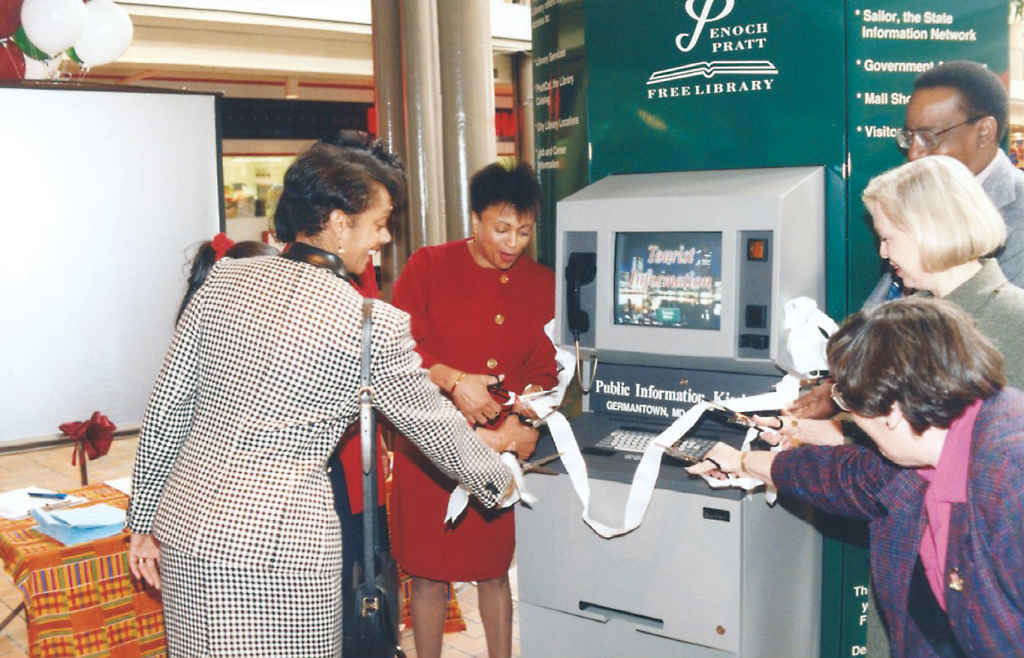
If you were allowed to take something home from the Library of Congress, what’s the most interesting item you’d take?
I haven’t seen it yet, and that’s the fun part. The things you would want to check out are the unique items you can’t check out. Wouldn’t you love to take home the manuscripts or letters that Benjamin Franklin wrote? Look at his journals? I’d love to just flip through. But they’re digitized—so that’s the thing. The Internet Archive has been working with the Library of Congress for 16 years to digitize some of the older materials.
What are some other exciting pieces in the LOC?
One of my favorites is the Rosa Parks collection, which was recently digitized. I got to see actual letters and her Bible that she carried in that iconic purse. The family photos, her [Congressional Gold Medal]—I got to see all of these things. Then, of course, Lincoln and the contents of his pockets the night he was assassinated. I’m from Illinois, so we have a special kinship with that.
Your home is still in Baltimore. What’s that commute like to DC?
It’s interesting. I haven’t tried the train, but commuting provides me with the time to decompress and change gears. At this point, I really like that. And on the weekends, you go home where everybody knows your name.
When you led the American Library Association from 2003 to 2004, you very publicly opposed parts of the Patriot Act that allowed the FBI to obtain people’s library records. Now that you work for the government, are you still concerned about that?
ALA was concerned with the balance of security and personal rights to know. It’s not concerned in the same way that it was. Over time, there have been revisions to the act, and the library community has been rather pleased with the recognition.
So you don’t think people checking out books from the Library of Congress need to worry about their information being accessed?
There are provisions in place in terms of how the government requests information about a person’s use of a library—any library. So it’s not the front-burner issue because of the stand that the library community took via the American Library Association.
You’ve said librarians were called “feisty fighters for freedom” during that time.
We were. I think we got some T-shirts made, and I know we got buttons.
Is there a conflict now between standing up and being that fighter for the public’s freedom while serving the government’s needs?
They’re not in conflict. The government serves the people. Congress serves the people. I don’t see any conflict, especially in this role.
What is one of the most important things you hope to accomplish during your tenure?
Making the library even more relevant to Congress while it’s doing its work and making sure Congress functions in a way that helps the members and their staff. Also to make sure the library’s collections are protected and more readily available for people to use. We see technology as a great tool for that.
What are you reading right now?
The one I’m reading and rereading is a text I had when I took a course on historiography years ago, called The Historian as Detective. I love mystery novels, and this book talks about what historians and researchers do as detective work. A lot of historical research is looking for clues and discovering things, so it’s fun to go back and look at that and say yeah, that’s kind of what I’m involved in here.
So a librarian is a kind of detective?
Oh, yeah. We call ourselves the original search engines. We like Jeopardy. There are a lot of librarians on Jeopardy. We know a little about a lot. We have a lot of intellectual curiosity.
Is there one big lesson you’ve learned in your librarian career that’s going to shape the way you do your job?
There’s one thing that has been helpful to be comfortable with: that change is inevitable. Once you become comfortable with the fact that things change, it helps you deal with evolutions in organizations. Libraries have changed over time. Sometimes change is not comfortable, even if it’s good change. Humans are creatures of habit.
This article appears in the December 2016 issue of Washingtonian.

